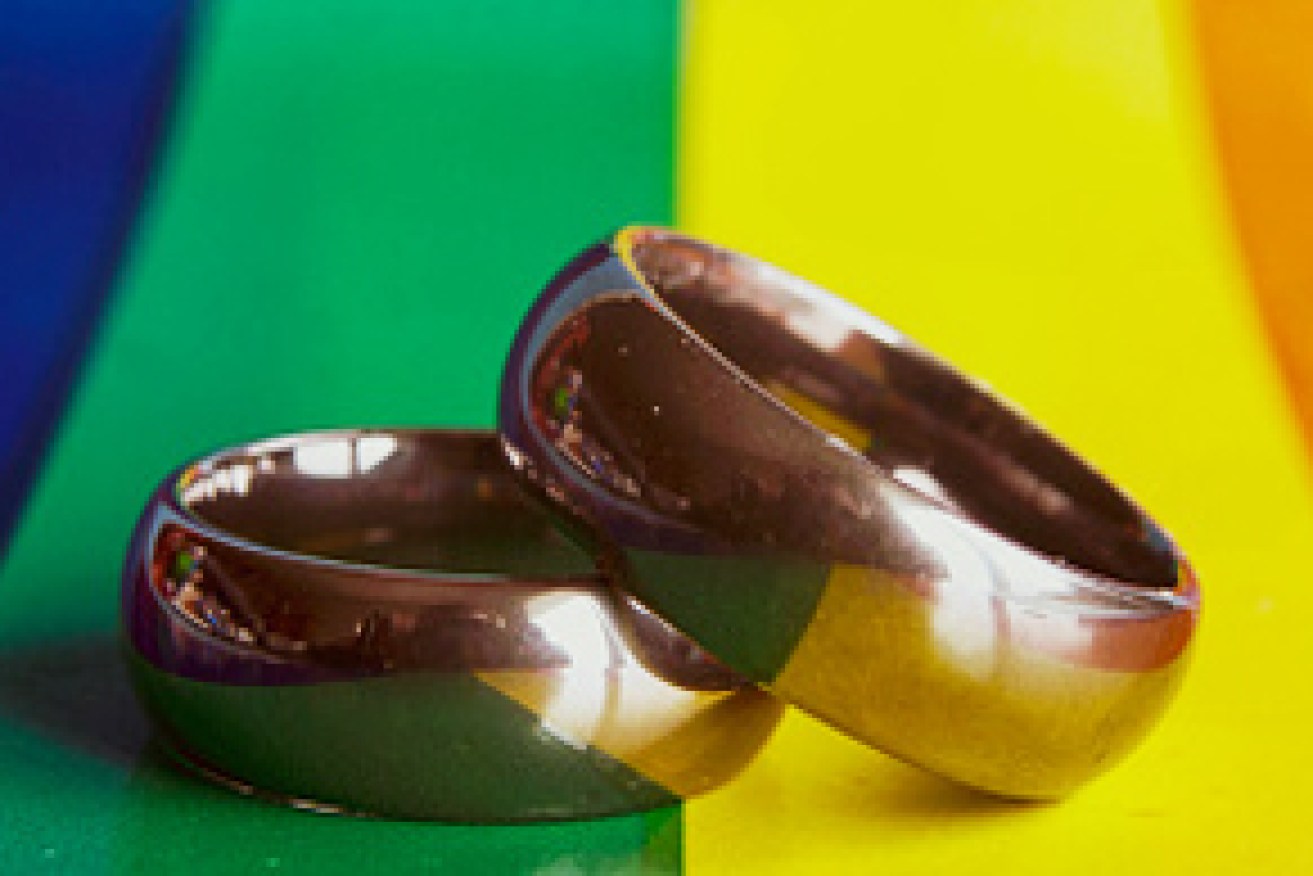‘History proves the dire predictions of No case will come to nothing’


The High Court will decide whether the same-sex marriage postal vote goes ahead. Photo: Getty
The current debate about marriage law is far from being the first time that such law has created wide community unrest.
Marriage law first entered British law in 1835 when Lord Lyndhurst sponsored legislation which put marriage on the statute books.
Up to that time marriage law was controlled by the Church of England. The main purpose of Lord Lyndhurst’s bill was to give other churches an opportunity to conduct marriages according to their own rites.
As to the rules of marriage he simply adopted those which were already the standard in the Church of England.
They encompassed two proscriptions against marriage between persons: consanguinity rules (marriage between blood relations) and affinity rules (marriage between in laws and step relations).
Two of those affinity rules that had already caused concern were the prohibition of marriage between a man and his deceased brother’s wife and a man with his deceased wife’s sister.
Although the Old Testament laws made it obligatory on a man to marry his dead brother’s wife, that was when polygamy was practised, and the Church of England rules forbad a man marrying his deceased brother’s wife.
For many decades arguments were put forward to change these provisions, without any result.
Marriage in the 19th century had more to do with property and inheritance than with love, and many feared that a change in the affinity laws would endanger the inheritance of some families. However, after many decades it was decided that the time had come to remove these anachronistic rules.
Surprisingly action began in the Australian colonial parliaments before it did in England. As in the current debate, it stirred vigorous argument.
For example, in his book on pastoral ministry in colonial Australia, Graeme Griffin writes: “The issue [of a man marrying his deceased wife’s sister] was a lively one throughout the whole British Empire and the Australian colonies were proposing a change to the status quo which would eventually overtake even Great Britain and Canada.”
As in the current debate, religious figures were among the vociferous opponents of the change.
For example, Reverend Adam Cairns, minister of the Chalmers Church in East Melbourne (after his death it became the Cairns Memorial Church), vented his full fury at the proposal in a special leaflet.
Cairns wrote: “If a brother minister celebrates such a marriage which God forbids – I am asked to regard him, and to treat him, as if he had done no wrong. This is impossible for me to do.”
He went on to say that should such a couple seek membership of his Church, he would not admit them. “By the unchangeable word of God such marriage is incestuous.” And so on.
The British Parliament amended the Marriage Act to allow a man to marry his deceased wife’s sister in 1907 but it was not until 1921 that it allowed a man to marry his deceased brother’s wife.
When that latter bill was before the House of Lords, the Archbishop of Canterbury spoke against it using the same arguments that we hear today.
“If you agree to this Bill,” he said, ”what are we likely to have proposed next?”
He also sought an adjournment of the debate to allow more time for discussion.
Sounds familiar. The Bill passed and in 1946 the Church of England finally amended its own canon laws to bring them into line with State legislation.
In time we will look back on the current debate with much the same surprise as we do about those hotly disputed changes of the past.
All the predicted disasters that the No campaign assert will come to nothing, as they did in the case of Rev Adam Cairns.
This is an extract from Rev Harry Herbert’s contribution to the debate on same-sex marriage held at the Wombat Hollow Forum, East Kangaloon, on October 22. The other participants for the Yes case were Christine Forster and Paul Ritchie. The No case was argued by Lyle Shelton, Mark Latham and Miranda Devine.








